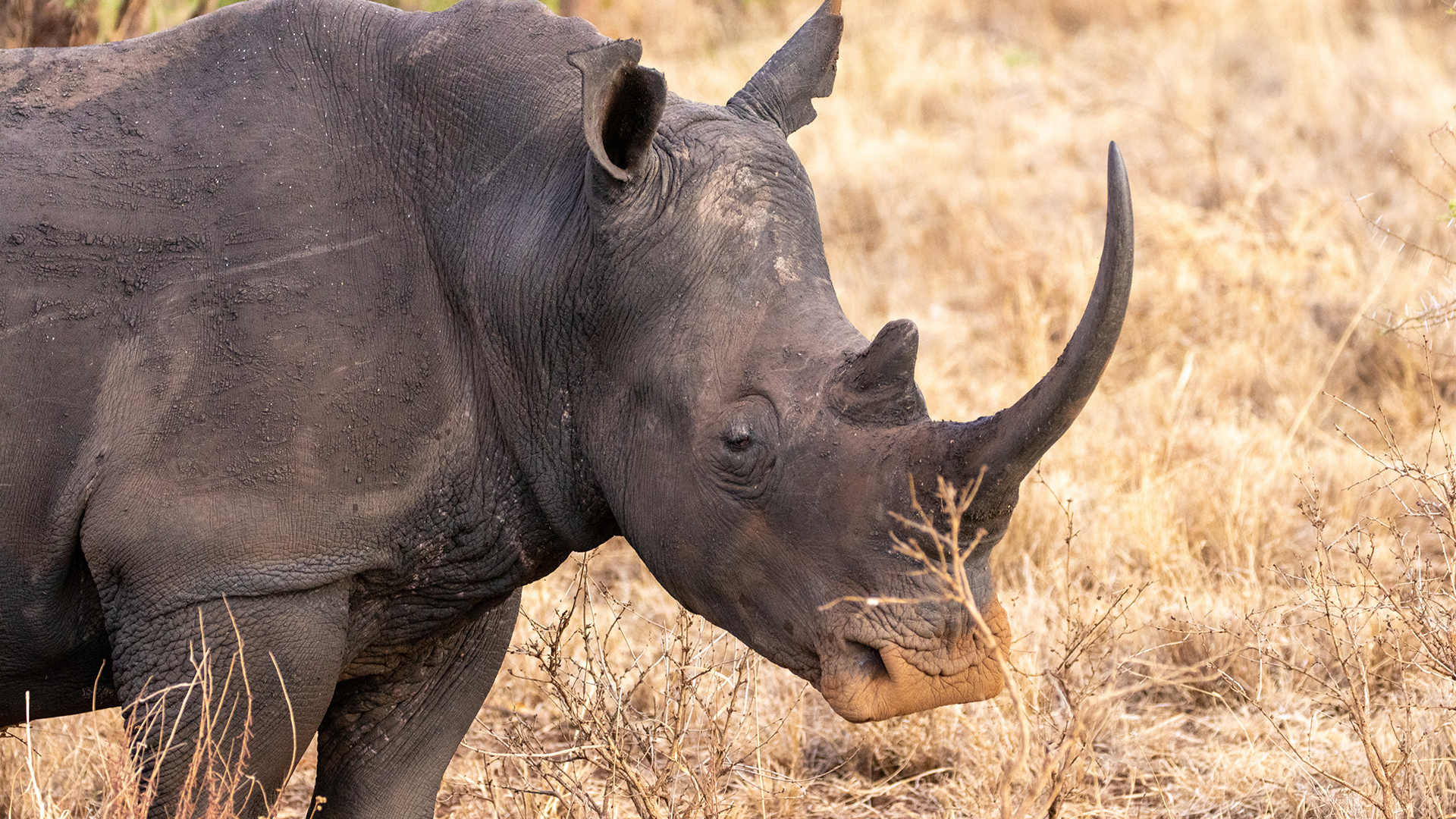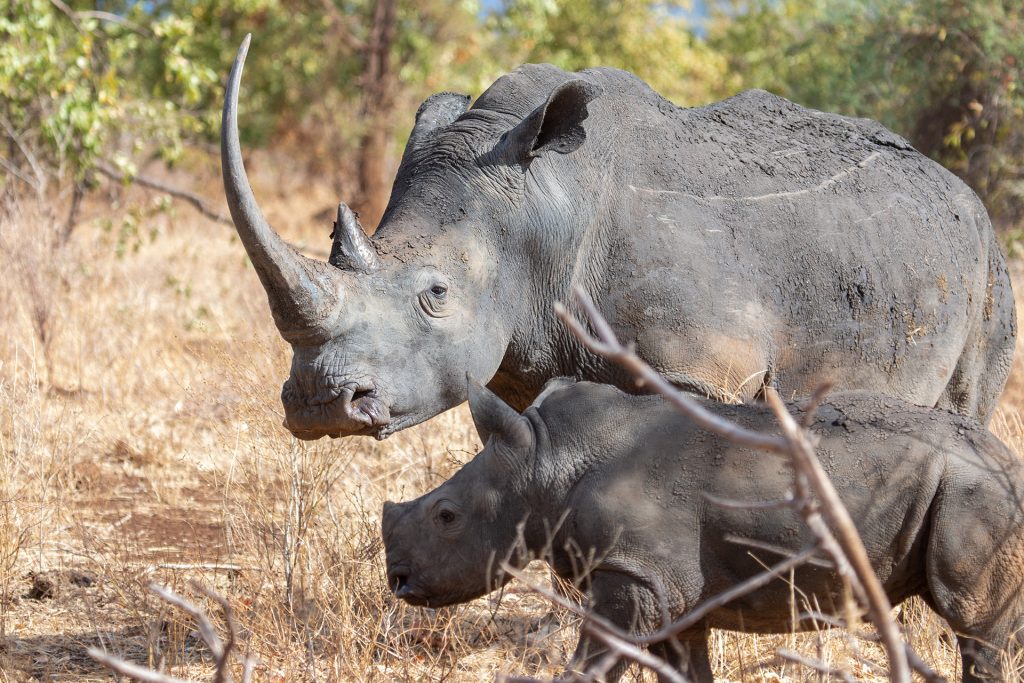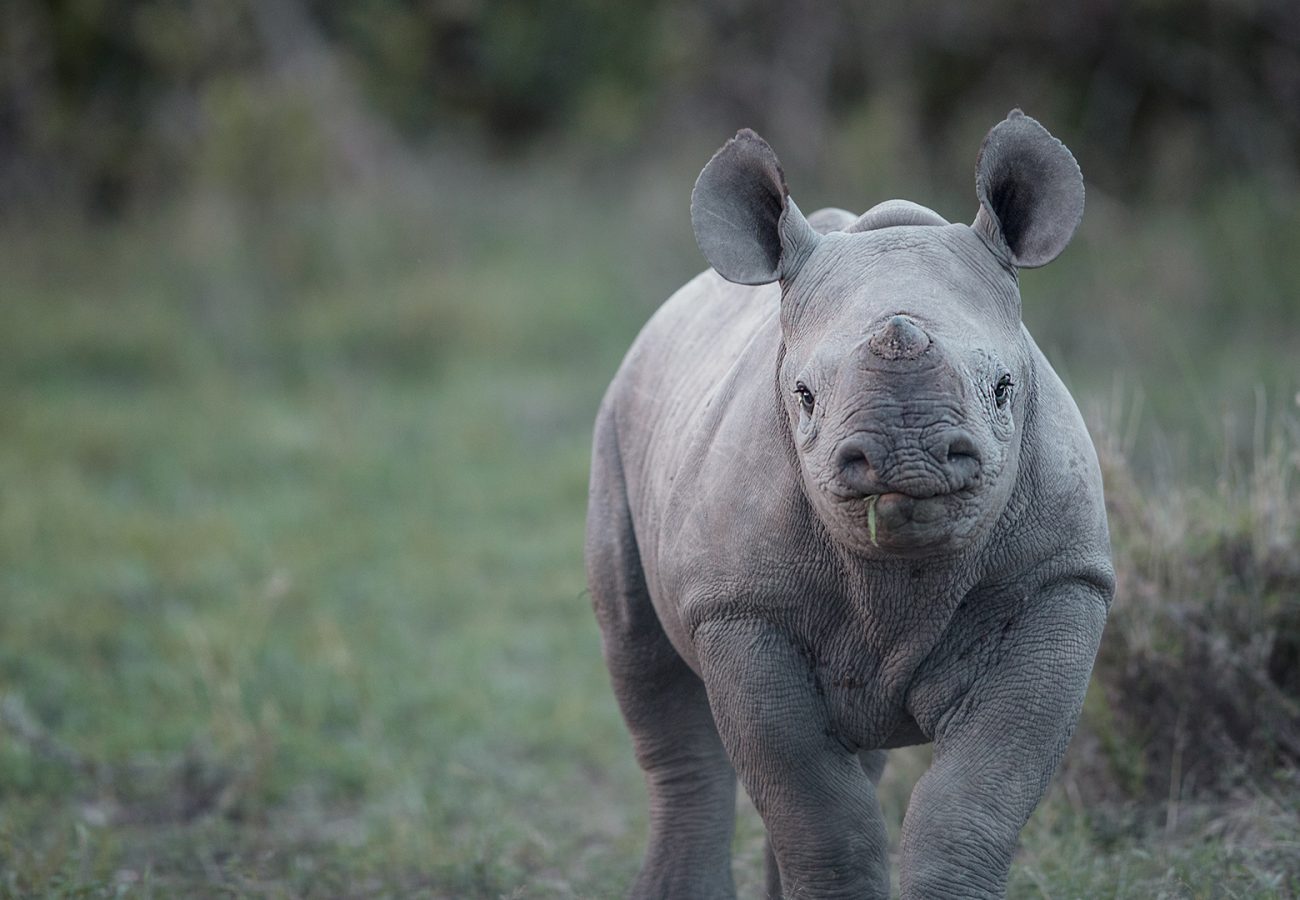
Rhino Horn Trade

Born Free believes that only a global, permanent and comprehensively enforced ban on rhino horn trade will bring the crisis facing rhinos to an end.
Global Rhino Horn Trade
The world’s rhinos are in crisis. Only around 26,000 remain, belonging to five species spread across sub-Saharan Africa and Asia, three of which are critically endangered. The western subspecies of black rhino in Africa was declared extinct in 2011, Vietnam’s last Javan rhino was shot by a poacher in 2010, and the last male northern white rhino had to be put to sleep in a Kenyan conservancy in March 2018, leaving just two females of the subspecies.
The poaching of rhinos to supply rhino horn into illegal markets, principally in parts of Asia where it’s used in traditional medicines and tonics and as a high-end gift and investment, is a major factor in the decline of rhinos.
Between 2006 – 2021, more than 11,000 individual rhinos were reportedly killed by poachers across African range States. While South Africa has borne the brunt of the killing, recent increases in rhino poaching have been reported in Namibia and Botswana.
The poachers don’t care about the welfare of the animals, and many rhinos are left to suffer and die after their horns have been hacked off. Baby rhinos are also killed for their tiny horn stubs or left to starve.
Despite the fact that rhino horn consists largely of keratin, much like human fingernails, the huge prices being paid for illegally imported rhino horn in Asian markets has led to the smuggling of horns under the guise of trophy hunting in South Africa, and the theft of horns from museums, galleries, and even zoos in the UK and across Europe.
It has also resulted in increased interest in ‘antique’ items made from or containing rhino horn, particularly among Asian buyers.
The criminal networks and corrupt officials involved in rhino horn trafficking not only jeopardise the very future of these ancient and noble animals, but also deprive communities of social, economic and political security.
If demand for rhino horn continues, more rhino populations could disappear altogether in the coming years.
Born Free works hard to protect rhinos on the ground, improve law enforcement in source, transit and destination countries, reduce demand through consumer education, and persuade governments to take action to enforce international and domestic trade bans.
Ultimately, rhinos will only have a long-term future if we can end the demand for rhino horn. Ending the commercial trade in all items made from or containing rhino horn, from any source and forever, is one step towards achieving that objective.

Adopt a Rhino
Adopt a rhino with Born Free and you will help fund our work to protect the world's remaining wild rhinos and end the rhino horn trade.
